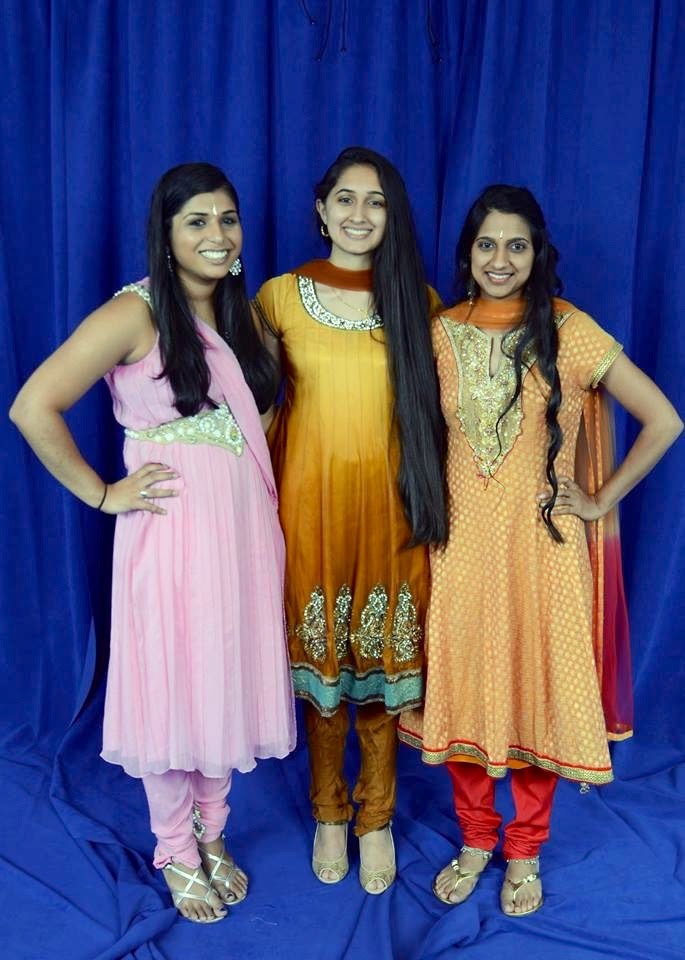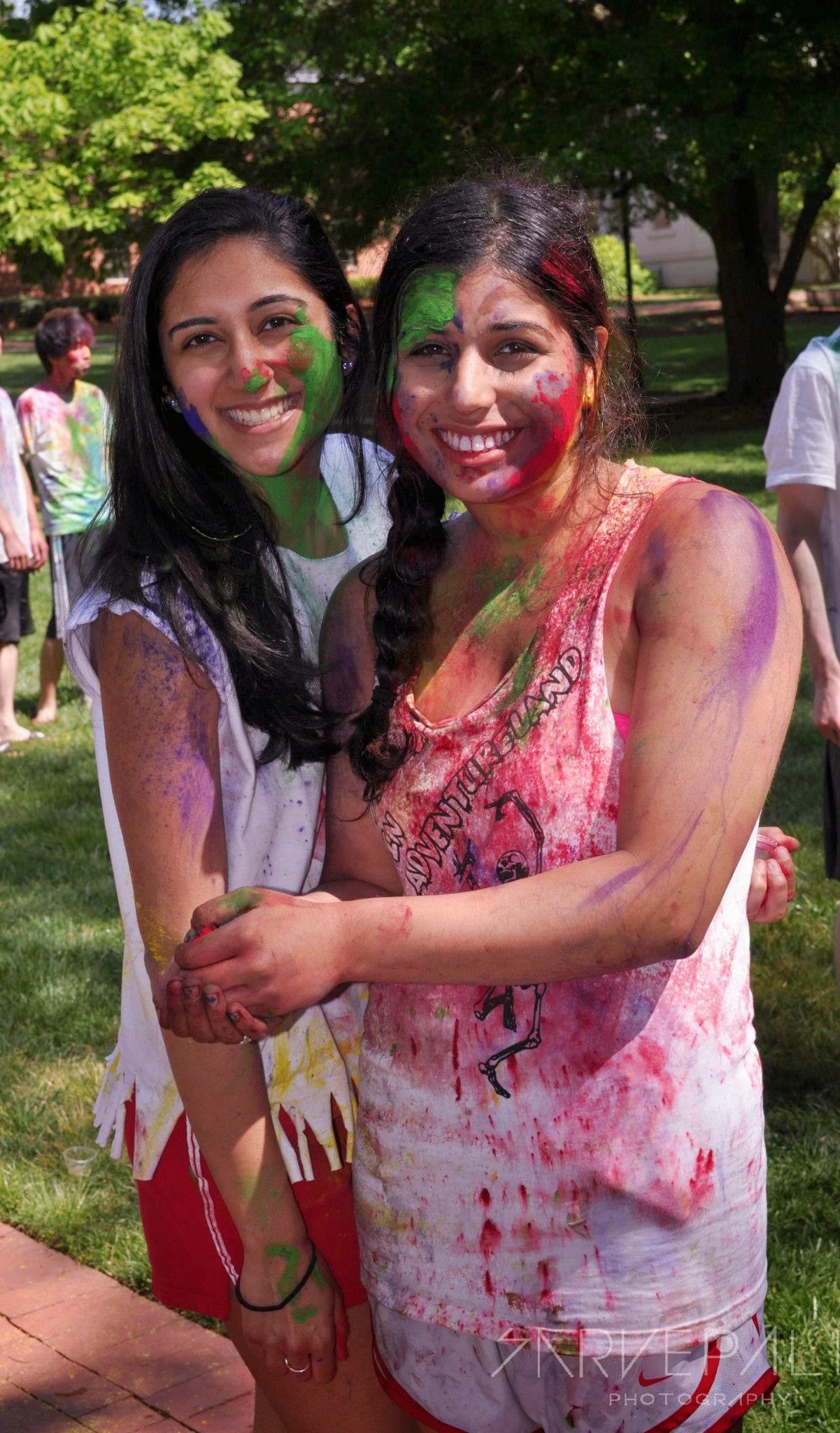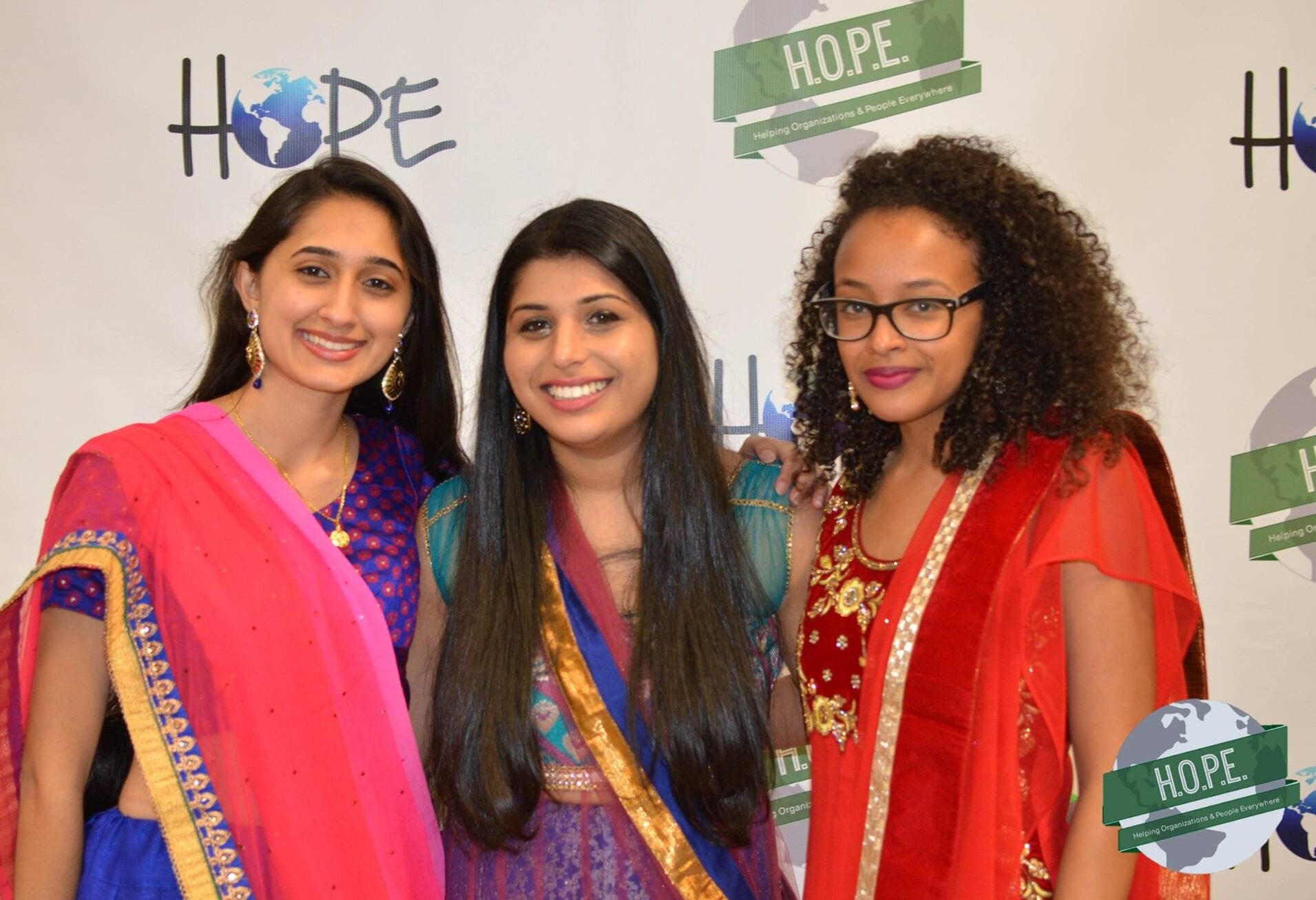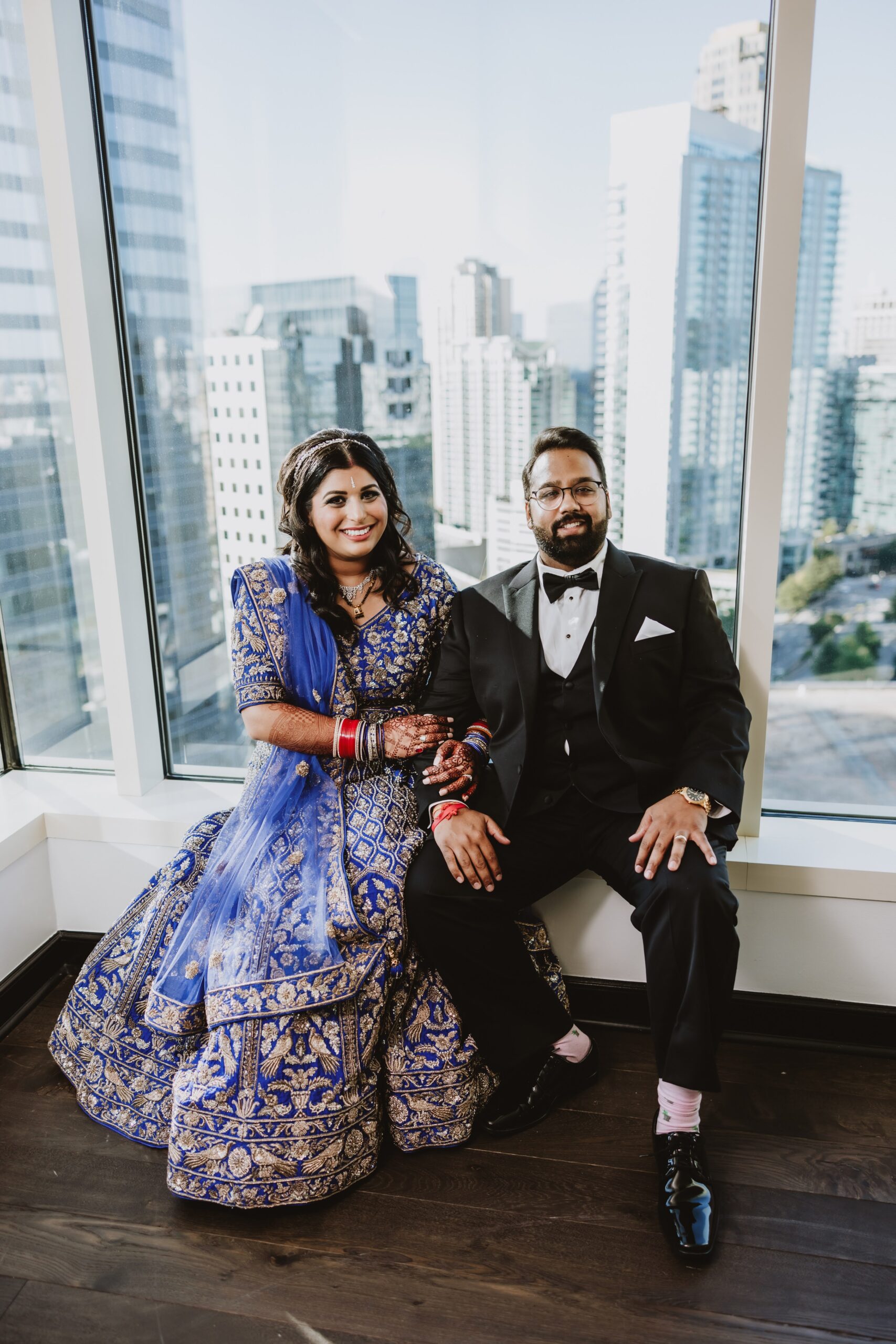By Pooja Gandhi, MPH, CHES
Growing up in Tampa, Florida, my relationship with my South Asian identity changed over time. Initially I embraced it in my early adolescence, then lost interest as I entered my teens. When I moved to Atlanta to begin my adult life, I made my way back to my heritage and strengthened my connection even further. Now, as I look back, I’ve learned that like any relationship, it takes intention, effort, and time to reconnect and evolve.
In my early years, I recall eating traditional Indian food, watching Bollywood films, and attending Indian parties and prayer functions. These experiences were in large part due to my grandparents, who were strongly connected to their local South Asian communities. As I got older, I started to venture out into the community for myself, competing in traditional South Asian dance (Bharatnatyam and folk dance) and attending functions at the local temple.
But as I grew into my teens and had more interest in spending time with friends my age, I slowly lost connections and friends in the community. In high school, I was one of few South Asian students (one of 2 girls and 5 students in my class). I felt my roots, and more often, the color of my skin, made me stick out from the crowd.
Jump ahead to the end of high school – just weeks before moving to Atlanta to start my college career. I recall attending a party hosted by the other South Asian girl in my class and seeing a large portion of the local South Asian community and wondering if I missed out on something in all those years past.
When I arrived in Atlanta, I learned how large the South Asian community is, both at Emory, and in the greater Atlanta area. Again, I became the odd one out, but not in the way I expected. This time, the tables had turned, and I was the odd one out for choosing NOT to embrace and express my heritage and cultural background!
As I began my college experience, I slowly formed my circle of close friends, the majority of whom were fellow South Asian students. Over the years, they brought me back into the world of South Asian music, movies, and activities I had spent years eagerly shying away from, and never expecting to come back to as a young adult.

Being at Emory University with a large South Asian student base, we attended events hosted by various South Asian student associations. Several of my friends held leadership and board positions. I remember feeling strange about taking part in the culture I was so desperate to escape, but at the same time, wondering if I hadn’t given it the full chance it deserved. Perhaps I was missing out on a shared cultural experience.

Emory also had several competitive South Asian dance teams that participated in local dance competitions and events each year that my group of friends attended. We also attended local garbas, or dance festivals, for Navratri, a holiday celebrating the Hindu goddess, Durga, parties for Diwali, the Hindu new year, and celebrations for Holi, the festival of colors marking the beginning of spring. Not to mention several Indian restaurants that remain go-to spots to this day.
As my college career progressed, I started to narrow down my major, slowly making my way to public health in the process! I landed upon anthropology, and pursued coursework on South Asian culture and history including the hijra community and the Partition of India and Pakistan.
As part of my final project for the history class, I shared clips from a recording of my late grandfather’s experience during his journey following the Partition. I felt proud to be able to apply my own experience to this topic, drawing on strong family ties to this historical event I never thought to explore as a younger teen.
As part of my final project for the history class, I shared clips from a recording of my late grandfather’s experience during his journey following the Partition. I felt proud to be able to apply my own experience to this topic, drawing on strong family ties to this historical event I never thought to explore as a younger teen and.
As I transitioned into grad school and began to pursue my career in public health, I looked to expand my network in the South Asian community, adding to a list of lifelong friends and continuing to express interest in South Asian activities and traditions.
During my graduate coursework, I continued to research and learn more about my family ancestry as it related to public health outcomes. I was lucky enough to interview my late grandmother before she died. She shared experiences that helped me assess how my family’s socioeconomic status impacted facilitators and barriers to healthcare access and exposure to certain health outcomes.
As I wrapped up my MPH candidacy, I struggled on what the focus of my final Capstone project should be. I decided to design a health education program proposal for South Asians with type 2 diabetes. In my research, I discovered a wealth of existing literature on health outcomes impacting the South Asian community. The program included educational models on lifestyle changes like diet and exercise and to be culturally tailored to the South Asian community. By offering alternatives to traditional “Western” medicine, the program aimed to address mistrust and fear towards the healthcare system rooted in the community’s negative experiences.

I remember thinking the idea was farfetched, and feeling unsure if something like this even existed or would have value in the community. Yet, I still felt passionate about the cause and wanted to apply public health practice and principles to my own roots.
I never imagined that in 2023, I’d learn about a similar project. I was fortunate enough to attend the National Conference on Health Communication, Marketing, and Media (NCHCMM) conference on Karna’s behalf, which included a presentation on the All One Community Program, a diabetes education and management program led by the Asian Health Coalition and the University of Chicago, and tailored towards South Asian and Arab communities in the Chicago area.

The program includes 13 sessions about healthy behaviors, diabetes, and goal setting for self-management and prevention of type 2 diabetes. It also drew on the same driving factor of my program proposal of culturally tailoring the program in offering alternatives for traditional “Western” forms of medicine to address medical mistrust or fear in the South Asian community.
Seeing this program in action and the impacts it had on the South Asian community helped reaffirm my passion for public health and why I got into this field, as well as the work I’ve done in my personal life to reconnect to my roots. Additionally, the presentation gave me hope that the ideas I had five years ago that once seemed too idealistic became a reality.
Looking back on my experiences, I realized I had grown from an angsty teen hesitant and embarrassed to connect with her roots to a woman nearing her 30s with a much stronger relationship with her South Asian identity that I have been able to apply in both my personal and professional life. As a public health professional, one day, I hope to apply these experiences towards efforts to implement public health practice for South Asian communities on an even broader scale.

